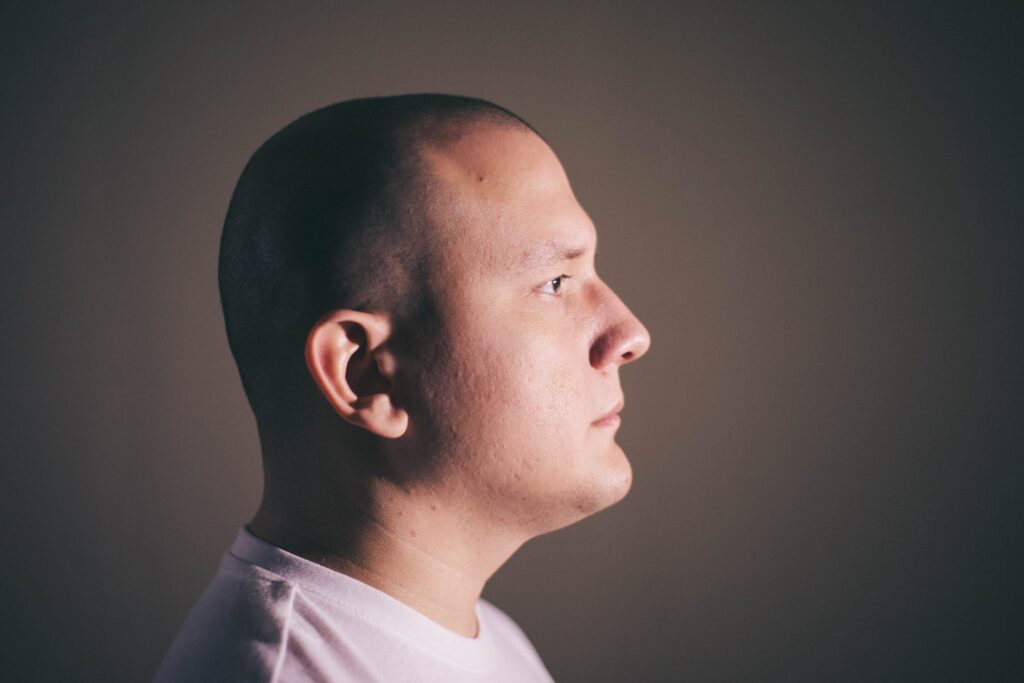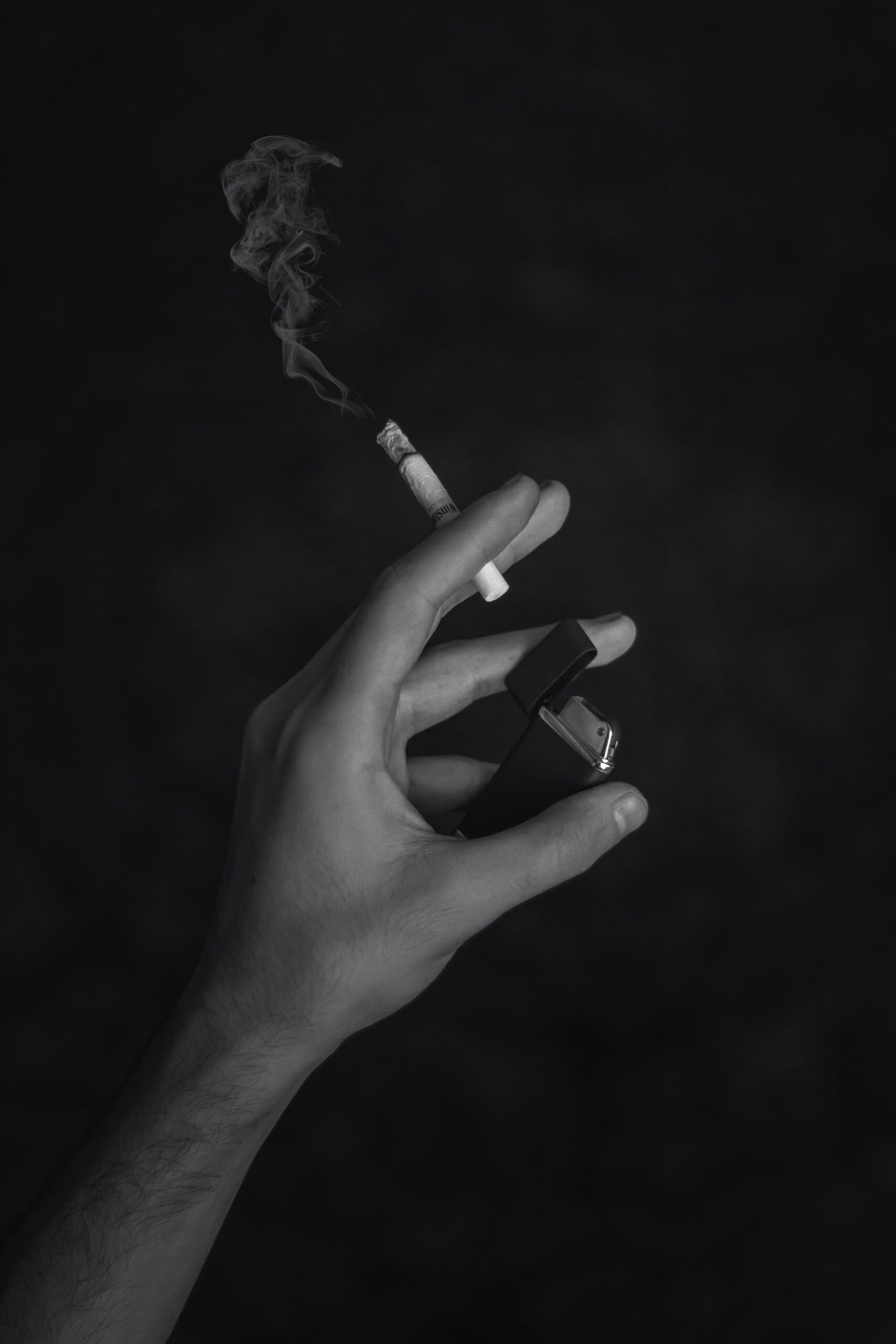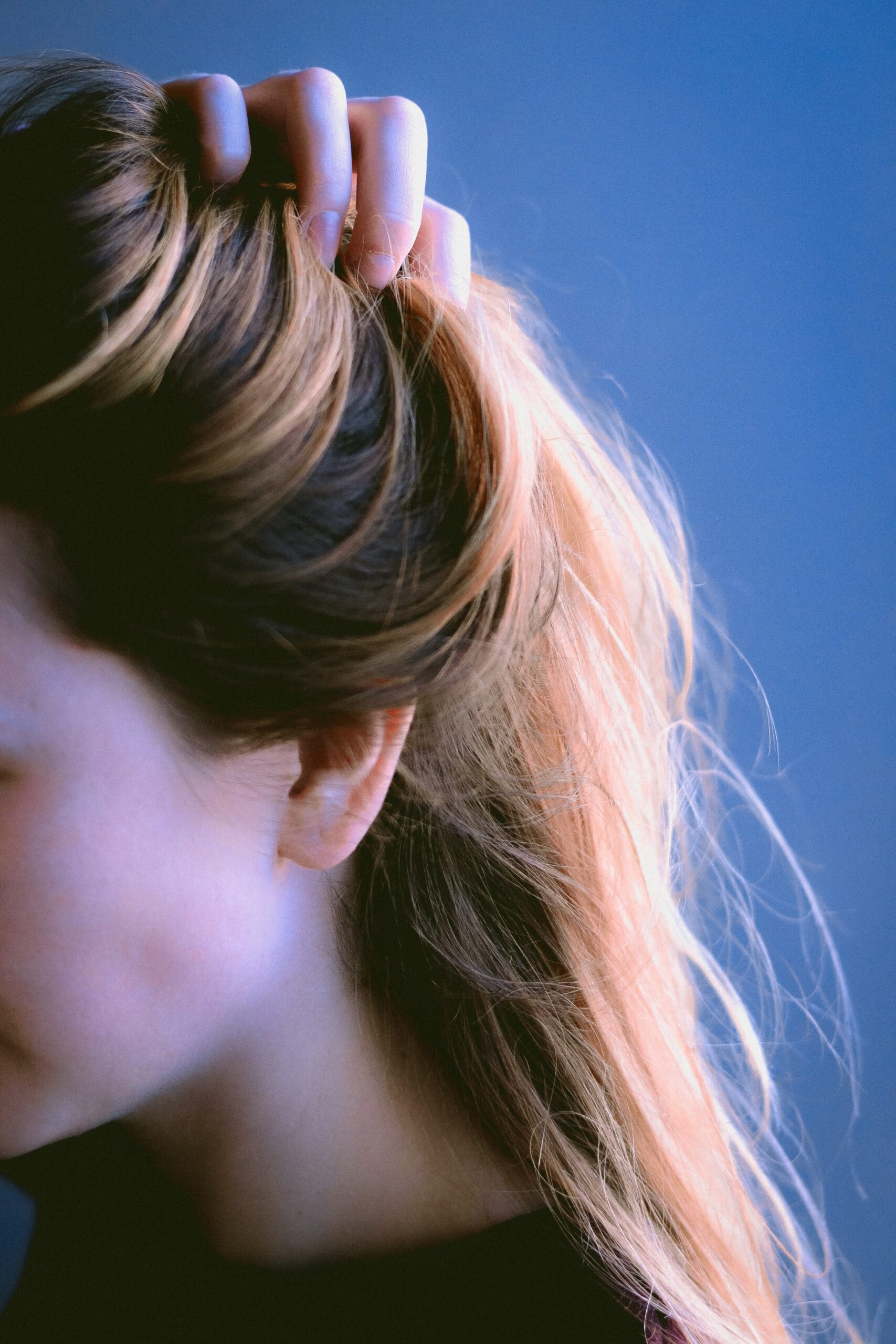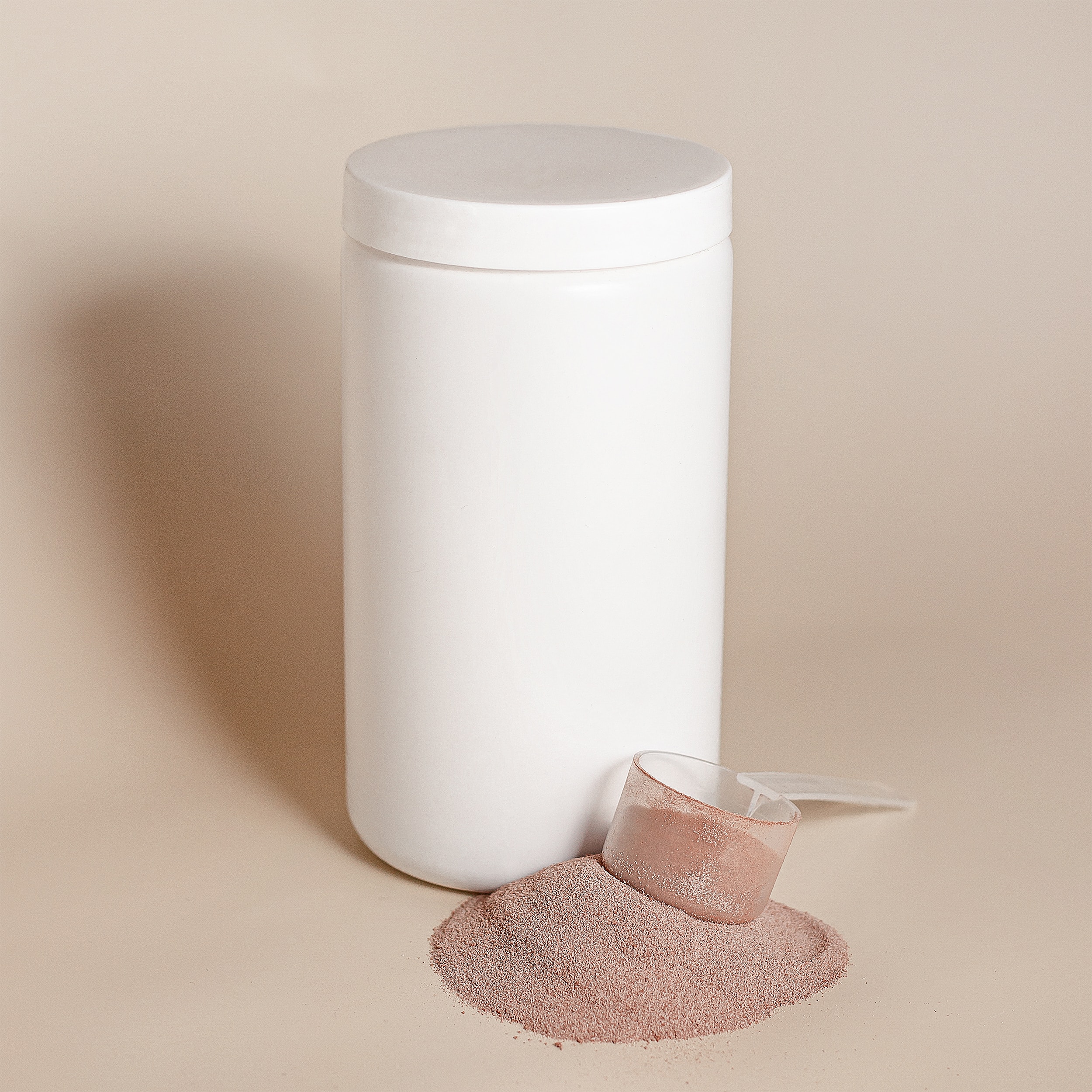
Finasteride Guide
23rd February 2023
What is finasteride?
Finasteride is a medication that is commonly used as a treatment for hair loss and baldness. Finasteride reduces the body’s production of dihydrotestosterone (DHT), which causes gradual hair loss, protecting the hair from DHT damage.
Does finasteride work?
Finasteride is a popular treatment for preventing hair loss and baldness due to its high success rate. Many of our patients experience positive before/after results from using the medication, which can be taken easily through a regular tablet dosage. It should be noted that it can, however, take several months for finasteride results to show and can sometimes take a year or more of consistent use before seeing the finasteride success results.
Does finasteride stop beard growth?
Before using finasteride, many patients may wonder whether the medication will have an impact on beard growth. Whilst the treatment doesn’t stop the growth, it can theoretically decrease the growth rate and can cause thinning due to the hormones that are associated with beard growth. However, it is very uncommon to see patients noticing this at all.
Does finasteride have side effects?
Like many prescription medications, there are some side effects that can be caused by taking finasteride. These side effects can include cold sweats, itching, reduced libido and erections.
Many patients ask how to reduce side effects of finasteride however, there is no obvious fix. Side effects can be made less likely by ensuring you are adhering to the recommended dosage prescribed to you. Another option for those particularly concerned, is to start on perhaps half the dose and then increase it gradually.
How can I take finasteride?
Finasteride does not always have to be taken orally via tablet dosage; topical finasteride is also available now, which you apply directly to the area in which you are experiencing hair loss. A benefit of this is that topical finasteride side effects are limited compared to finasteride tablets according to recent research.
Does topical finasteride work?
The key differences between oral and topical finasteride is that the topical treatment contains a smaller amount of medication than the finasteride tablets, and secondly it is far less likely to enter the erst of the body. However, both forms of the medication have similar effectiveness according to recent research. For most patients, oral finasteride is more effective as DHT is blocked systemically and likely more effective.
Should I take finasteride?
So, finasteride, does it work? Finasteride only results are scientifically proven to be an effective way of reducing hair loss, if taken continuously. Taking the medication is also even likely to encourage hair regrowth with finasteride results after two years, seeing 66% of people report that their hair has regrown in some capacity.
Both finasteride and minoxidil results are known to be successful in reducing hair loss and promoting hair growth. To find out more about minoxidil, click here.


